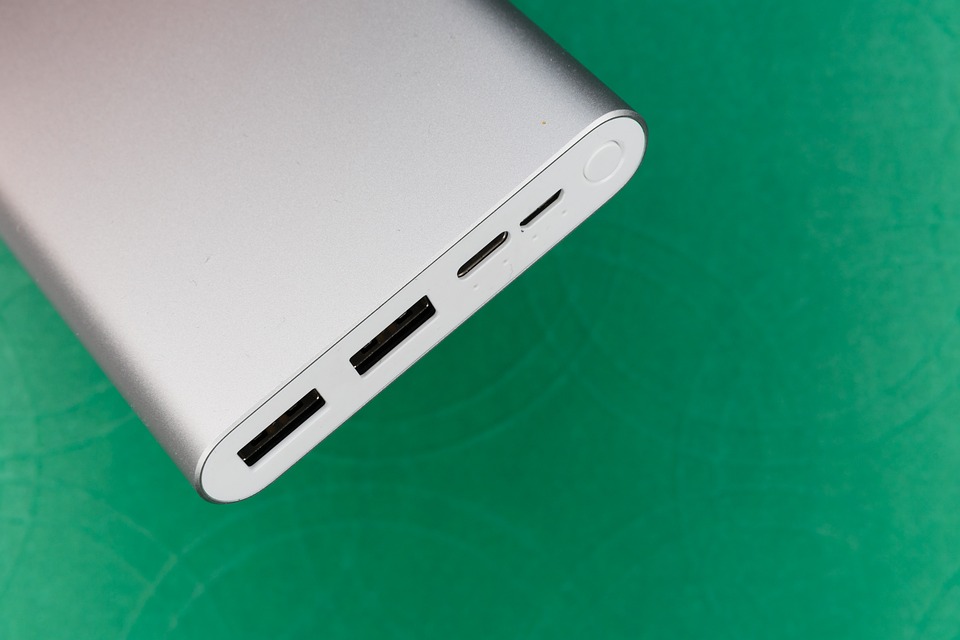[ad_1]
From our health, wealth, status, children, relatives and friends to our basic human actions of breathing and seeing, there are thousands of things we often take for granted that we should praise Allah for and be grateful. The fact is that for all the intricacies and the scientific and spiritual complexities of the blessings I have enumerated above, we can never be grateful enough; so no matter how much we thank the Creator for these there is always room for improvement in our state of gratitude.
There are literally thousands of books worthy of reference on this subject, from the Bible to the Bhagavad Gita to more recent publications like “The Secret” teaching us about the need for gratitude; my reference for this essay is the Holy Quran, in general, and its teaching about gratitude relating to the inspiring story of King Solomon who also happens to be one of the revered Prophets in Islam.
In verse 6 of “Surah Ibraheem”, Allah reminds us thus about gratitude: “And [recall, O Children of Israel], when Moses said to His people, “Remember the favor of Allah upon you when He saved you from the people of Pharaoh, who were afflicting you with the worst torment and were slaughtering your [newborn] sons and keeping your females alive. And in that was a great trial from your Lord.”
Indeed King Solomon is a man of gratitude and his example is worthy of study and implementation. In “Surah Naml” he lives and preaches the art of gratitude in many instances, the first being narrated to us in verse 15: And We had certainly given to David and Solomon knowledge, and they said, “Praise [is due] to Allah, who has favored us over many of His believing servants.” This is a clear lesson in the art of humility and gratitude because our endowments of knowledge are not to be attributed to our intelligence, this is a gift from Allah and it must be acknowledged as such.
In the subsequent verse, 16, Allah gives us further instruction from the example of King Solomon: And Solomon inherited David. He said, “O people, we have been taught the language of birds, and we have been given from all things. Indeed, this is evident bounty.”
Solomon is so enamored of the art of being grateful that he does not only stop at expressing gratitude for the many bounties that Allah bestowed on him but he further prays to Allah to increase His blessings on him by enabling him to be even more grateful. After deciphering the speech of an ant that was cautioning its children to take cover lest they be crushed by Solomon’s entourage, the great king and Prophet of Allah prays, in verse 19 of Surah Naml: “My Lord, enable me to be grateful for Your favor which You have bestowed upon me and upon my parents and to do righteousness of which You approve… “
In this same Surah Solomon goes on to give us yet another lesson in gratitude. When he instructed the jinn to bring him the throne of the Queen of Sheba and one of them did it in the blink of an eye. The prophet whose name is synonymous with wisdom said this, in verse 40: “This is from the favor of my Lord to test me whether I will be grateful or ungrateful. And whoever is grateful – his gratitude is only for [the benefit of] himself. And whoever is ungrateful – then indeed, my Lord is Free of need and Generous.”
The foregoing statement by King Solomon makes it clear that the gifts and bounties bestowed on us, be they physical or intangible, are but to test whether we shall be grateful or not. And indeed the Quran is right; our gratitude does not benefit Allah. As the Quran teaches elsewhere in verse 7 of “Surah Ibraheem”, our gratitude is for our own good: “And [remember] when your Lord proclaimed, ‘If you are grateful, I will surely increase you [in favor]; but if you deny, indeed, My punishment is severe.'”
[ad_2]
Source by Momodou Sabally



